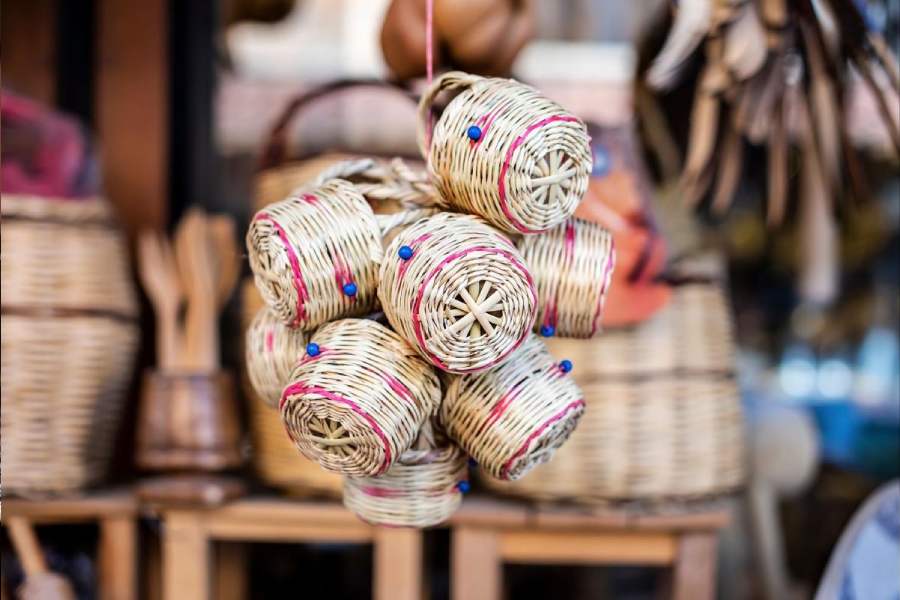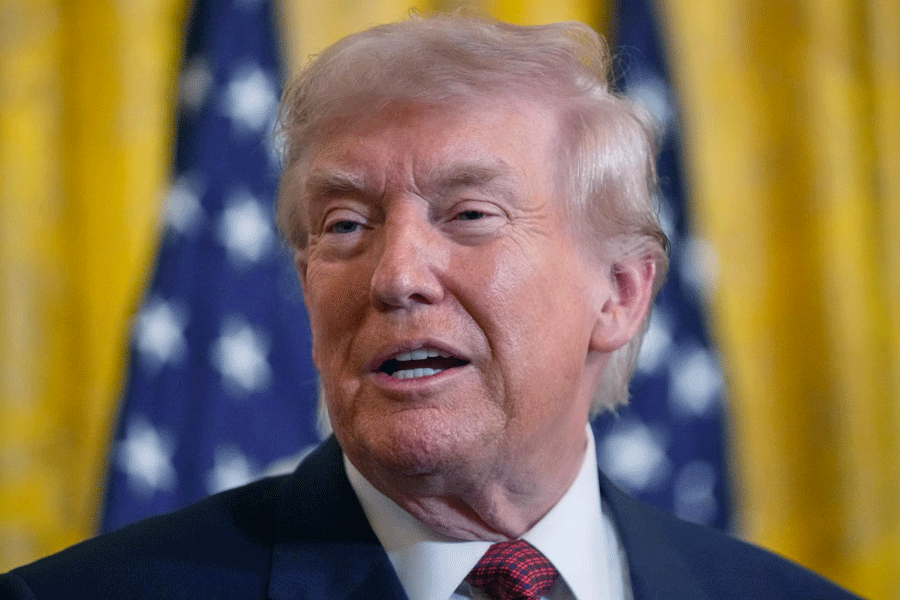When the Make in India campaign started in 2014, it promised an economic revolution. At a time when the world is struggling with climate change, scarcity, and environmental degradation, one question haunts the campaign: where is the sustainability factor in this narrative? If Make in India can indeed facilitate local manufacturing, it could also promote local green products, reduce dependence on resource-intensive imports, and ensure sustainable livelihoods. But our study, in which we interviewed hundreds of urban consumers, indicates that if Make in India were to promote green consumerism, it needs to address such issues as obstacles to affordability, trust, accessibility, and emotional connection to eco-friendly products.
In India, sustainable products are largely luxury items. Fabindia represents this paradox. It has built a reputation around artisanal craftsmanship, ethical sourcing, and green production and marries sustainability with cultural authenticity. But its prices make its products unaffordable for the average consumer. For sustainability to become mainstream in India, green products have to be competitive on ethics as well as price. This demands modifications such as incentives, subsidies, and discounts for certified environment-friendly products; helping manufacturers cut costs without compromising on sustainability standards; and increasing the reach of green products so that they reach supermarkets and local stores in small towns.
Our interviews also uncovered profound distrust of green claims. Consumers are concerned about 'greenwashing' — firms labelling products as environmentally friendly without solid evidence. The mass market is drowning in items that claim to be natural, eco-safe, and green without there being any standardised definition for these. The government needs to make eco-labelling criteria mandatory for all products that claim sustainability, including third-party certification with prominent verification stamps. Public education campaigns should make these certifications transparent.
Most economic choices are never fully rational. They are influenced by identity, culture, and emotion. In India, national pride is a strong driver of public behaviour. Our research found that 62% of respondents preferred Indian-made green products over imported ones. This preference is not purely economic; it’s also emotional. Many respondents associated buying locally with supporting the country’s economy and cultural heritage. Establishing a Make in India Green label which connects national pride with environmental responsibility, conducting campaigns that highlight artisans, farmers and small manufacturers, and encouraging storytelling on product packaging can help sustainability shift from being an individual lifestyle choice to an aggregate social norm.
Perhaps the most profound finding in our survey was that 89% of all respondents were aware of the Make in India policy but very few were aware of its link with environmental sustainability. The disparity between policy awareness and policy knowledge is a major barrier. If consumers are not convinced that Make in India is connected to sustainability, they will not alter their purchase behaviour in ways that benefit both.
The Make in India slogan has reached a crossroads. It can remain an elite, industrial catchphrase that is synonymous with factories and export data, or it can become a policy that reorients India's way of making and consuming so that sustainability becomes integral to our economy and national identity.
Ananya Tiwari and Vrinda Saini are students at Christ (Deemed to be University), Delhi NCR










